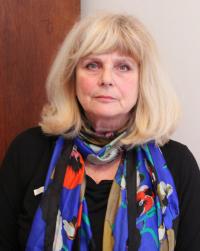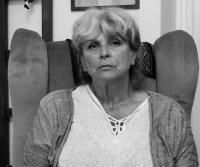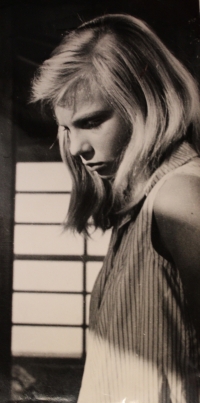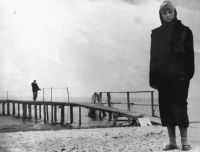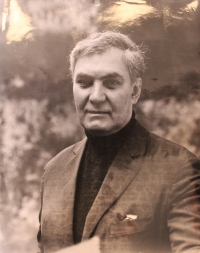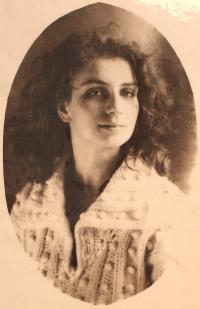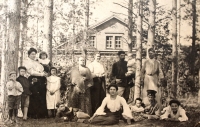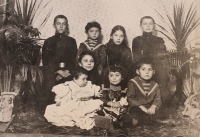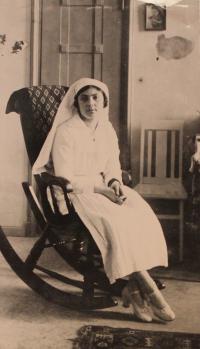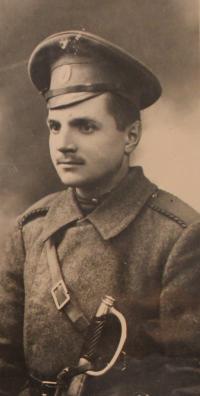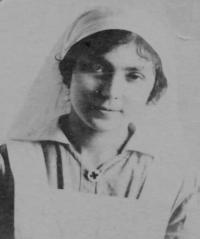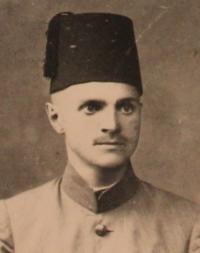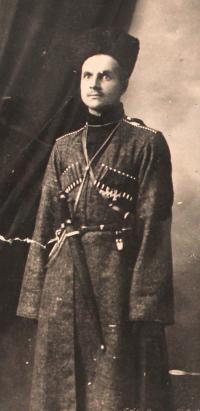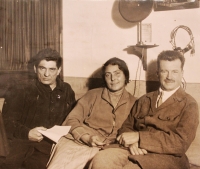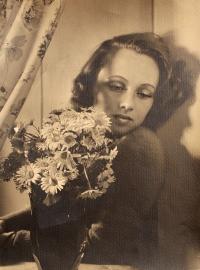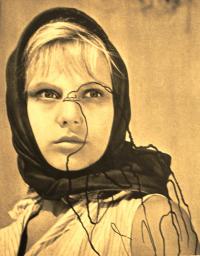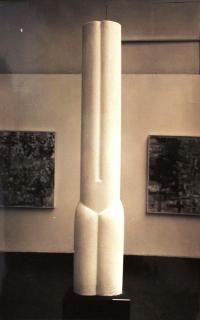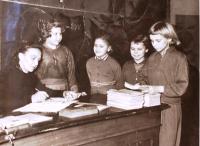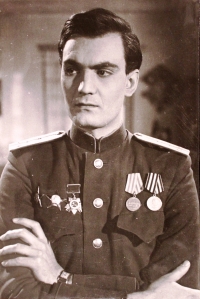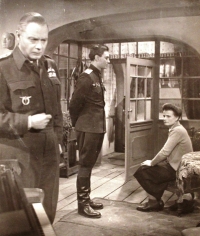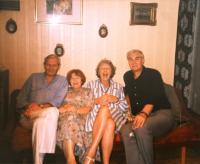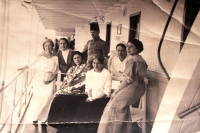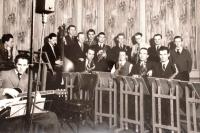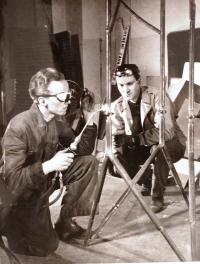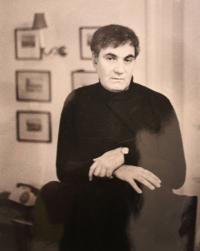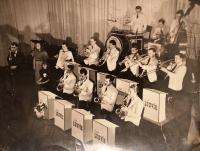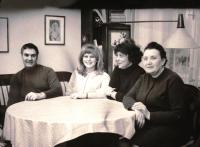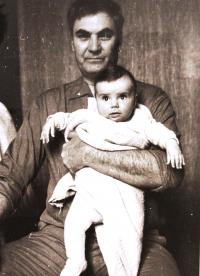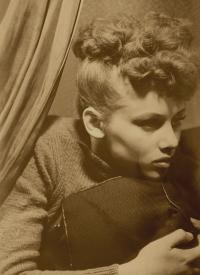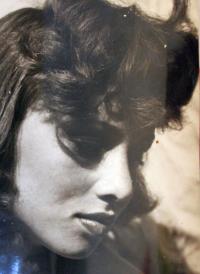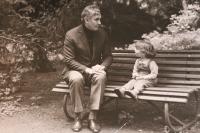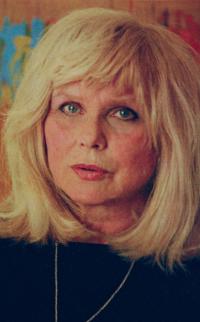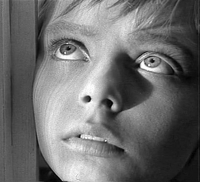When I fall down to the bottom, I always throw manage to bounce off

Download image
Katerina Irmanova was born on 21 January 1947 in Prague to the family of Vjačeslav and Jana Irman. Her father originated from the family of Russian nobles and was a fine artist, actor and a successful jazz singer until 1948. When she was one year old, her grandmother drove her to Finland in early 1948. After returning to Czechoslovakia and attending elementary school in Prague, she was not allowed to study at high school due to her background. She has already played a role in the successful film directed by František Vláčil named Holubice. After various peripetitions, she managed to take up a gymnasium and after graduation she was again banned from studying at college. For one year she worked at the agricultural school as a governess. Then she studied at the Philosophical Faculty of Charles University. She worked in marital counseling, where she also worked with MUDr. Miroslav Plzák and a private psychologist. He lives in Prague 2 and is currently working on the screenplay of a new historical film.
